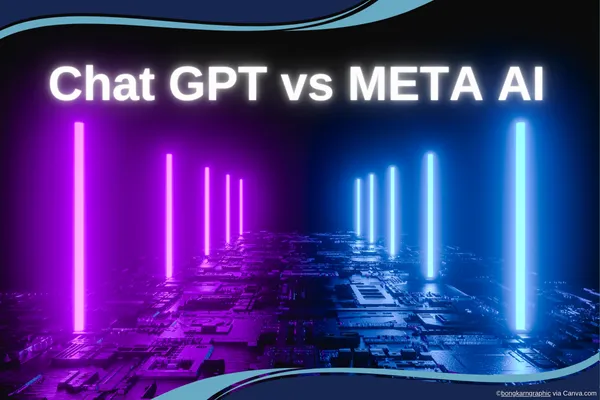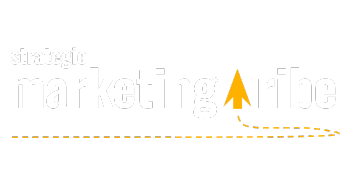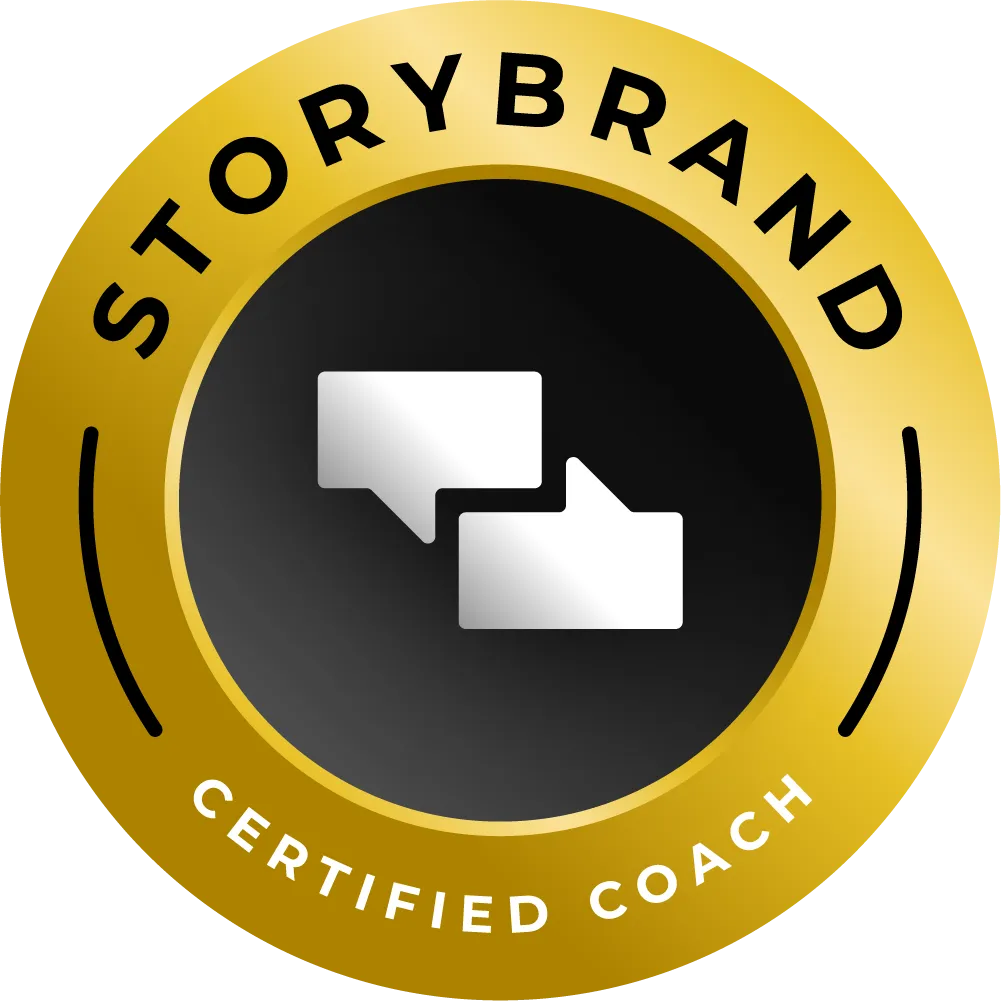STORY, MEET STRATEGY
Let’s make marketing feel less robotic and more real.
Find resources that bring your message – and your business – to life.

Meta Launches Stand-Alone AI App—What Small Businesses Should Know About the New ChatGPT Rival
By Vicky Sidler | Published 4 May 2025 at 12:00 GMT
Meta has released the first version of Meta AI, a stand-alone assistant built on Llama 4. If ChatGPT is the friendly barista of large-language models, Meta AI wants to be the barista who already knows your name, your order, and your dog’s birthday. The app ties into WhatsApp, Instagram, Facebook, Messenger—even Ray-Ban Meta glasses—promising a truly everywhere assistant that remembers context and preferences.
What the Meta AI app actually does
Meta says the new app is designed to feel more personal and more social than typical chatbots. Here are the headline capabilities:
Voice and text chat: talk or type, then switch mid-conversation without losing the thread.
Personal memory: tell it you love cycling holidays and it should remember for future suggestions.
Image generation and editing: create or tweak visuals inside the same chat.
Discover feed: browse prompts other users share and remix them for your own needs.
Web search: pull in real-time answers and recommendations rather than static knowledge.
Voice features (including an experimental full-duplex mode) roll out first in the US, Canada, Australia, and New Zealand, with more regions to follow.
How Meta AI works across devices
Before today, Meta’s assistant popped up only inside its social apps. The new launch stitches everything together:
Ray-Ban Meta glasses: start a voice chat hands-free, then pick it up later in the phone app.
Desktop web (meta.ai): larger canvas, richer image-generation controls, and a test document editor.
Mobile app: the hub that syncs history, preferences, and the Discover feed across platforms.
If you already use the Meta View glasses companion, that app auto-updates into Meta AI, keeping all paired devices and settings intact.
Why small businesses should care
Small firms often juggle support tickets, content calendars, and product photos on limited time and budget. Meta AI offers potential shortcuts:
Customer service: voice chat plus memory could power faster FAQ handling or personalized product advice.
Content creation: instant image generation and editing streamline social posts without extra design tools.
Market research: quick web-search answers help validate ideas or gather competitor intel on the fly.
Community engagement: the Discover feed can spark prompt ideas for interactive polls or stories.
While the app is free at launch, expect premium tiers or API pricing down the line—so testing early while costs are zero makes sense.
Three practical moves to try this week
As a StoryBrand Guide and Duct Tape Marketing Consultant, I look for low-friction wins:
Draft a week of social captions: ask Meta AI for three headline ideas, then refine in your brand voice. Time saved: a morning.
Build a reusable “support cheat sheet”: feed the assistant your top ten FAQs so future replies are consistent and fast.
Collect Discover-feed prompts: save or remix high-performing prompts from other users, then test which ones boost engagement on your channels.
Keep each experiment small, measure results, and double down on what moves the metric that matters—leads, sales, or saved minutes.
A personal AI arms race you don’t want to ignore
ChatGPT, Gemini, Claude—now Meta AI. Each platform is racing to own personalized assistance. Small businesses that learn to delegate minor tasks to AI free up human hours for the work only humans can do—building relationships and delivering value. Download the app, run a test prompt, and see where it fits before your competitors do.
READY TO MAKE YOUR MESSAGE MATTER?
Enough with the bland, forgettable, soulless AI Content – we design StoryBrand marketing that feels human and actually connects.
Created with clarity (and coffee)






